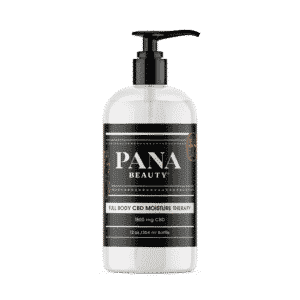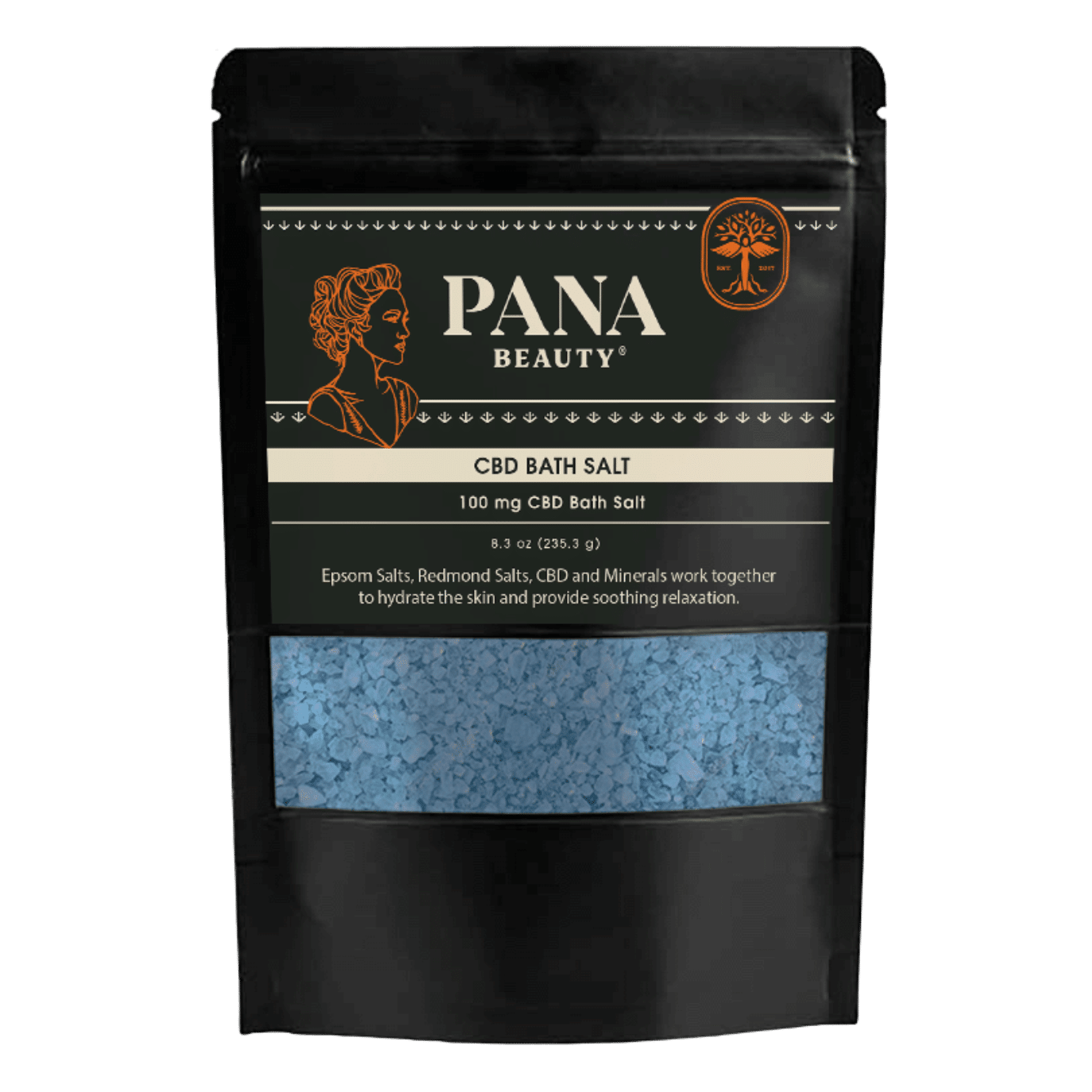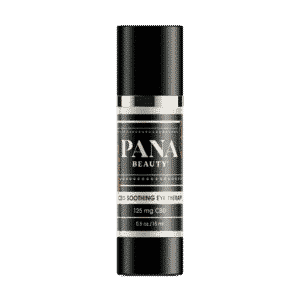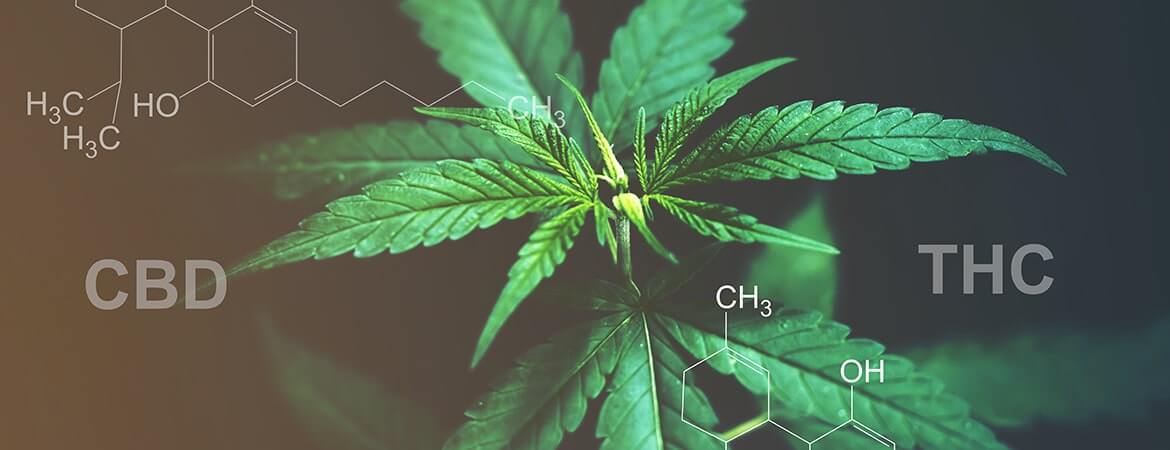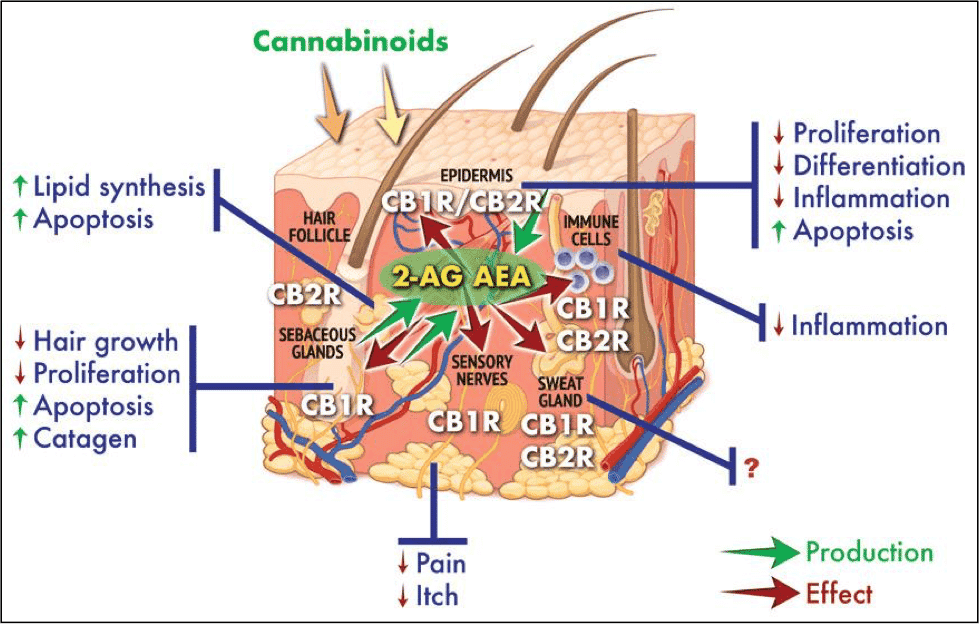In this day and age, the term CBD, formally known as cannabidiol, gets thrown around a lot, and quite casually. It seems to pop up everywhere, from coffee shops to Netflix documentaries to the brand new CBD store that may have just popped up right down the street from you! A term we do not toss around lightly is “antibiotics,” and even less lightly do we toss around the actual thing itself—the medication. We are all told from a young age just how harsh these pills can be on your body and therefore we ought to avoid them unless there it is absolutely and direly necessary. Now CBD hand sanitizers are making people wonder what CBD can do to combat bacteria and germs.
Yet according to the Center for Disease Control and Prevention (CDC), in just the year of 2015 alone an estimated 269 million antibiotic prescriptions were written and filled at pharmacies in the United States. This would not be so alarming if every written script was absolutely necessary, but unfortunately, this is not the case. Not even close.
It is estimated that roughly 30% of all prescribed antibiotics are entirely unnecessary. That means that each year in the US 47 million prescriptions are written in medical facilities for (to put it bluntly) no. good. reason.
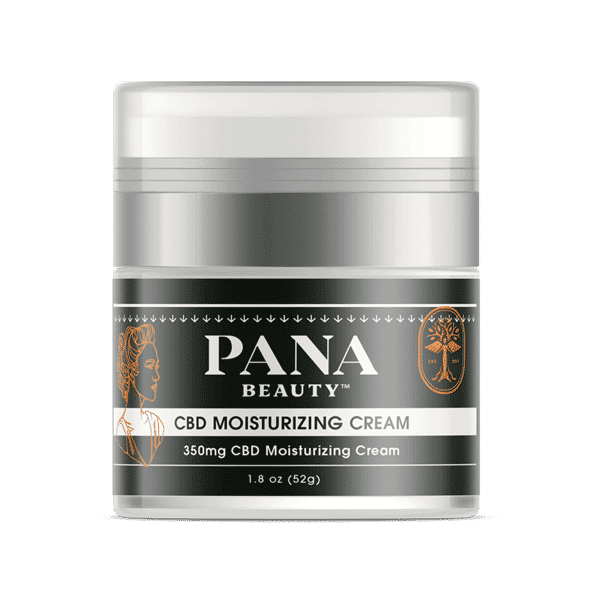
The risk here is that more and more people are developing resistances to various antibiotics, making it difficult to adequately treat or cure serious, and sometimes deadly, bacterial infections. Medical researchers are constantly working to develop new medications and explore new methods of fighting bacteria. One promising method at the forefront of antibiotic approaches that may surprise you is none other than the very trendy, completely natural, CBD.
What is CBD?
Cannabidiol is the second most prevalent of the 113 chemical compounds (called “cannabinoids”) found in the cannabis plant.
When you hear the word Cannabis, the first thing that comes to mind is likely marijuana, followed by the “high” people experience when they use it. Cannabidiol, however, is not the chemical compound that produces those “high” feelings of euphoria associated with marijuana. That is tetrahydrocannabinol, also known as “THC.” Tetrahydrocannabinol is the most prevalent of the chemical compounds found in the Cannabis plant. The reason THC causes a high and CBD does not is because the former is psychoactive.
As opposed to the significant and sometimes unpredictable altered state of mind that comes with using marijuana, due to the manner in which it more loosely binds to receptors in the brain, CBD produces feelings of calm, along with other non-psychoactive mental and physical effects. Many of these observed effects have piqued the interest of researchers across a range of fields, from psychiatric care to epilepsy treatment to pain management.
Antibiotic research!
Since the 2018 Farm Bill, which legalized the cultivation and study of hemp containing no more than 0.3% THC content, an entire new wave of research has burst forth in the United States. This comes at an especially good time due to the fact that “superbugs” are one of the major health crises of the 21st century. A concerning number of bacteria, fungi and parasites are becoming increasingly resistant, and some even entirely immune, to the typically avoided, “last resort” antibiotics.
So, what exactly are these notorious superbugs, and what about these microscopic monsters has got everyone so worried?
Superbugs and Supervillains
When you hear the word “super,” you might be inclined to attach positive connotations. For example, all you bargain hunters out there just immediately pictured bright red “super sale!” signs outside your favorite department store, didn’t you?
Well, a superbug is more like a supervillain. To put it scientifically, superbugs are drug-resistant strains of bacteria that can no longer be treated by medications that were previously able to eradicate them. Superbugs become “super” through processes which allow them to adjust, improve, and strengthen themselves as well as their offspring.
To put it poetically, they are wily, nightmarish shapeshifters whose continuously growing resilience makes them a steadily increasing threat to mankind.
Through genetic mutations, horizontal gene transfer, natural selection, and their ability to multiply quite rapidly, superbugs are able to modify their DNA and continually create new and improved bacteria at an impressively fast rate. It’s basically accelerated evolution.
One direct cause for the increase of superbugs are the over-prescribing of antibiotics. Ultimately, antibiotics wreak havoc on people’s immune systems and gut microbiomes, thus allowing the spawning of these superbugs, as well as an increasing rate of disease spreading, due to antibiotics inability to defeat whichever supervillain it’s going up against.
CBD and Bacteria: How does it work?
CBD and Bacteria is something that has begun to be more heavily researched as people turn to more holistic resources for health and wellness. One study showed that CBD can work as an antibacterial. Cannabis contains antibacterial cannabinoids, this is something that has been known for quite some time. Cannabinoid antibacterial properties have not been tested because the focus has been on other properties of CBD. And, we have regular hand sanitizer and bacteria killers, so some say, “What is the point?” There are five main cannabinoids that have now been recognized as antibacterial. Are there CBD products that kill said bacteria? Short answer: yes! There is always ongoing research on CBD and bacteria. It is important to do your own research as well. You can read more about CBD and bacteria here.
Do we have products that kill bacteria and also contain CBD? Yes! We here at Panacea Life Sciences have been diligently creating a CBD hand sanitizer and a CBD cleansing hand cream. Our CBD hand sanitizer ingredients are “Purified Water, Dimethicone Copolyol, Carbomer, Aloe Barbadensis Leaf Juice, Triethanolamine, Cannabidiol (200mg).” Currently this product is out of stock, but we are working on creating more to reach all of our faithful customers and newcomers alike. Until we are back in stock with the hand sanitizer, try out our CBD cleansing hand cream. The hand cream contains, “Purified Water, Alcohol, Petrolatum, Sorbitol, Cetearyl alcohol, Propylene glycol, Ceteareth-20, Simethicone, Glyceryl stearate, PEG-30 stearate, Sorbic acid, BHT, Cannabidiol(200mg), Citrus bergmia peel oil, Cinnamomum verum leaf oil, Thymus vulgaris leaf oil, Melaleuca alternifolia leaf oil.” This CBD hand cream not only contains germ-fighting cannabinoids, but leaves your hands without that awful dry feeling from repeated hand-washing and alcohol-based products. You can find these products and more information on them here.
How to get CBD: Online? In store?
Besides an online retailer like Panacea Life Sciences, there are several other places to purchase CBD. The best way to find CBD for purchase is by searching “CBD near me” in your favorite online search engine. The places that you can purchase CBD all depend on where you live and the legalization of THC in your state or country. You may be able to find types of CBD in dispenaries if you are living in a state that allows legal use of marijuana but, it is important to look for the percentage of THC in a CBD product from these places as it is likely to have more than .3%. No matter where you find your CBD products, it is important to read the labels to ensure quality products and make sure that you are purchasing from a reliable retailer. Because not all CBD is created equal. When purchasing online (this is the most popular way to purchase CBD products), here are some things to look out for to make sure that your CBD is of the highest quality.
- THC content – the THC content is important when purchasing CBD oil. If a product has more than .03% of THC it can not be sold as CBD. It also may be psychoactive and inebriate a user. If that is not what you are looking for, it is important to keep that in mind.
- Reliability of a company – It is important that when looking for a CBD retailer you look for a reliable company. Read their reviews! Make sure that the company is reputable so that the CBD products they describe are also of high quality.
- Extraction methods – The process of extracting the CBD is also something to look for when looking at the safety of CBD products. Not every extraction method leaves behind no trace of harmful additives. Do your research!
- Third party lab verification – Panacea Life Sciences has our oil tested by a third party to confirm the cannabidiol levels and to make sure there are no traces of unwanted pesticides or contaminants.
- In-house testing – There are also several in-house tests that we do to make sure our products are quality. These include:
- Potency: This test is used to make sure the amount of cannabinoids that are labeled are correct.
- Toxin: We test for pesticides as some hemp may be treated with pesticides and our products are pesticide-free and organic.
- Microbe: During this test we test to see if any harmful bacteria or mold was on the hemp plant before the hemp enters into the extraction process.
- Terpene: This test assists us in identifying if the CBD is full-spectrum or an isolate.
- Solvent: A solvent test at Panacea Life Sciences shows us that we have done our job properly and there are no trace remains of the solvents used during extraction.
These are just some of the steps you can take to make sure the CBD product of your choice is up to your standards.
Other Ways to Prevent Superbugs
There are several ways to prevent the spread of a superbug. Here is a list of a few ways to prevent superbugs:
- Wash your hands. Washing your hands is key to spreading a superbug. Unwashed hands can be home to a number of germs. Wash your hands thoroughly after using the restroom, before eating or making food, after any type of task that may have exposed you to germs. You should be washing your hands after blowing your nose, coughing and sneezing. You should even wash your hands after petting your pet! Washing your hands is extremely important when visiting elderly, very young, or sick people as their immune systems can be compromised. Washing keeps them and you safer.
- Get recommended vaccines. It is more likely that you could carry disease if you are not current on your vaccinations. Getting recommended vaccines helps you and those around you prevent superbugs.
- Use antibiotics properly. Taking antibiotics correctly is of high importance. It is also important not to push your doctor to give you antibiotics if not necessary. Do not take anyone else’s antibiotics just because you think it may help your situation. Wait the proper amount of time before asking your doctor for more antibiotics, they know what they are doing! When taking antibiotics, take them as prescribed!
Overall it is important to follow the CDC’s (Center for Disease Control and Prevention) recommendations on taking action against and preventing superbugs.
Conclusion: How does CBD kill bacteria?
In these scary, uncertain times it is important to research the products you are using and why you are using them. If you are like us, the holistic way is the best way. How CBD can best be used to kill bacteria is still being researched, but is looking to be another positive application of CBD. Here at Panacea Life Sciences, we will continue to update our readers and customers as soon as we hear more about this fascinating use of CBD. We would advise you to make sure to research the retailer you are using to make sure that their products are high quality and their company is reputable. Hopefully the information that was given will assist you in your journey with CBD and perhaps you will want to try out the germ-fighting cannabinoid. If you have any questions or concerns, please feel free to contact us at 1 (800) 985-0515 or email us at [email protected].
Links:
https://www.brookings.edu/blog/fixgov/2018/12/14/the-farm-bill-hemp-and-cbd-explainer/
https://www.ncbi.nlm.nih.gov/pmc/articles/PMC4378521/
https://newsinhealth.nih.gov/2014/02/stop-spread-superbugs
https://www.ncbi.nlm.nih.gov/pubmed/1085130
https://panacealife.com/product/cleansing-cbd-hand-creme/
https://www.health.harvard.edu/staying-healthy/you-can-protect-yourself-against-superbugs


